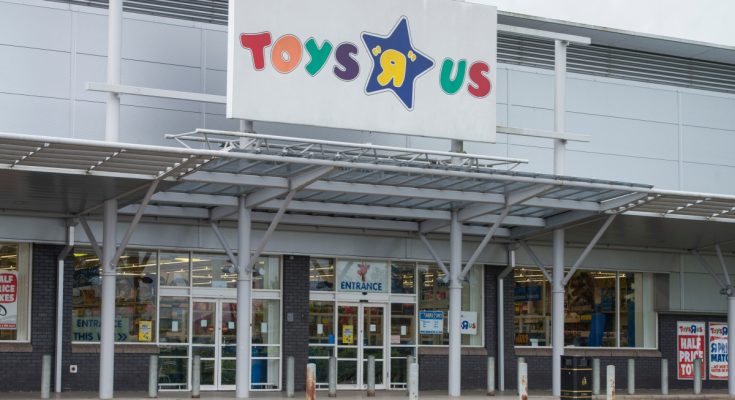Toys R Us’s future in the UK has been plunged into doubt after the Pension Protection Fund (PPF) said it would vote against the company’s rescue plan.
The retailer was told to put £9m into its struggling pension fund by the PPF in order for it to support the toy retailer’s restructuring plan.
Failure to agree a deal could put all its 3,200 staff at risk of redundancy.
The PPF’s Malcolm Weir said it believed it was “reasonable” to seek guarantees on the pension scheme’s future.
“Since the company lodged the CVA [company voluntary agreement] proposals we have spent significant time and effort, with the help of PwC, assessing the current and future financial position of the company to ensure the pension scheme would not be weakened by the CVA, leading to an even bigger claim on the PPF and its levy payers further down the line,” said Mr Weir.
“Given the position of the company, we strongly believe seeking assurances for the pension scheme is reasonable given the deficit in the scheme and questions about the overall position of the company.”
Mr Weir did give Toys R Us a glimmer of hope, adding: “We remain in dialogue with the company and their advisers and we are able to amend our vote if suitable assurances are provided.”
Before the PPF announcement, Toys R Us reassured shoppers seeking last-minute presents by saying: “There will be no disruption for customers shopping through the Christmas and New Year period.”
The deadline for the vote on the CVA, which allows the firm to restructure its finances, is at 11:00 GMT on Thursday.
If the CVA does not go through, the company could fall into administration.
Retail consultant Richard Hyman told the Today programme it was a “real Catch 22 situation”, as it left Toys R Us having to choose between the futures of its past or present employees.
Meanwhile, Frank Field, chairman of the Work and Pensions select committee, has written to Toys R Us managing director Stephen Knights, querying two consecutive years of big rises in executive pay.
Mr Field asked how the pay increase was “justified at a time of operating losses” and how the board decided to distribute resources between executive pay and employees’ pension benefits.
Source: BBC




